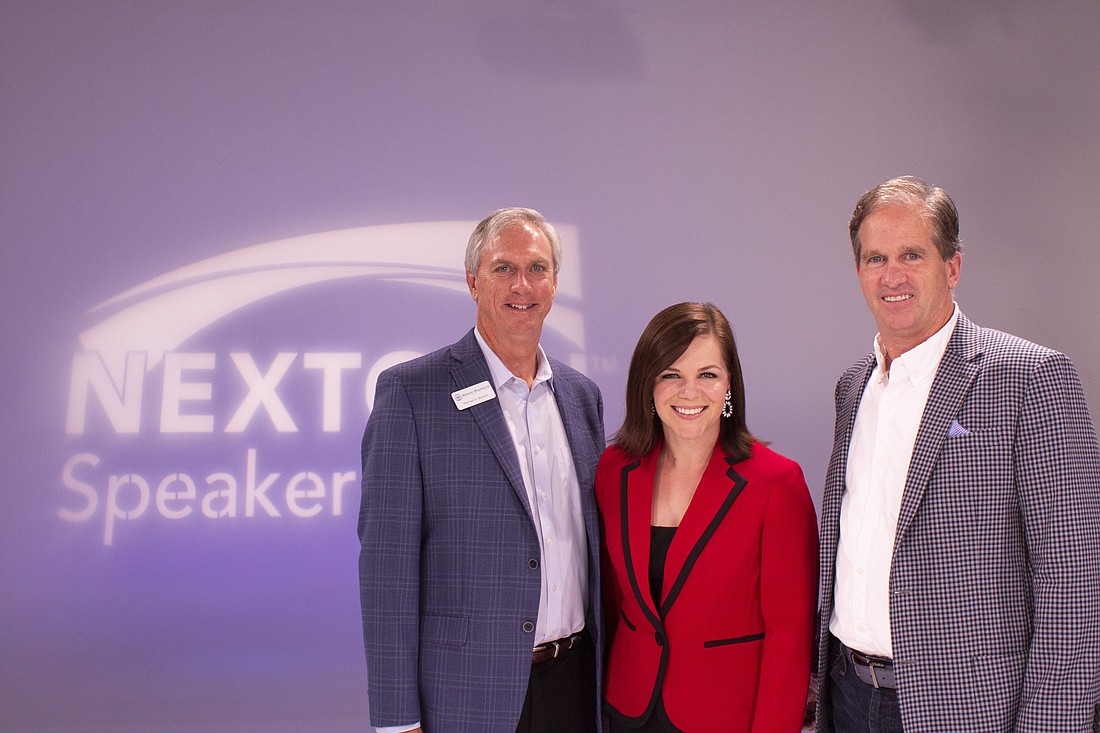- December 15, 2025
-
-
Loading

Loading

Retail executive Joel Anderson has had some life-changing mentors, from his minister dad and exceedingly welcoming mom to former Walmart CEO Mike Duke. But the person with the biggest impact on his life, he says, was his daughter, Elli.
Elli was born with Rett syndrome, a rare genetic mutation affecting brain development in girls. She died in 2007, when she was 12. “I probably learned more from her, who never took a step in her life, never spoke a word, was always in a wheelchair,” Anderson says.
The president and CEO of Walmart.com when his daughter died, Anderson says he learned how to be a more empathic boss and leader though his and family’s experiences with Elli. He also learned resilience. “We are all going to face some adversity in life,” he says. “It’s what you do with it that makes a difference. “